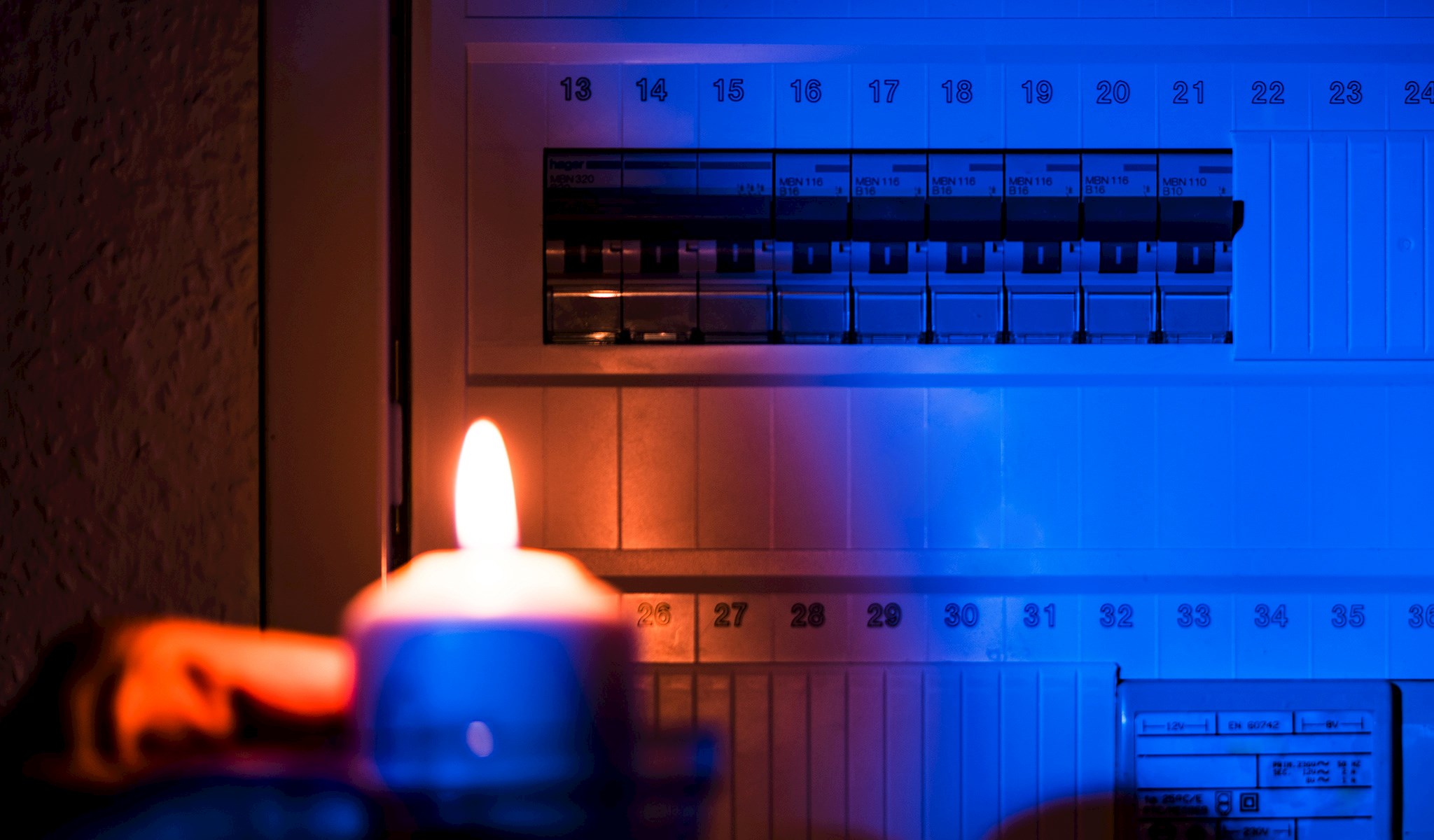The complete power outage across the Iberian Peninsula on Monday, April 28, came as a giant wake-up call for those of us in more developed economies who are unaccustomed to what, unfortunately, are more regular occurrences across many developing nations. It was a brutal reminder of how reliant we are on electricity for almost every part of our lives.
For me, stuck at Adolfo Suarez Madrid-Barajas Airport, or my son, who was left standing in a blacked-out university biology lab in front of some piece of human anatomy, it was a major inconvenience. For others stuck in hospitals, schools, tunnels, traffic jams, or lifts, window cleaners dangling from the side of tall buildings, or crane operators trapped high in the air, it was a more precarious situation.
Left without electricity, Wi-Fi, and, more importantly, phone lines (which were also down for the vast majority across Spain, Portugal, and parts of France, I learned a few lessons.
Lesson one: always hold a little cash. In my view, this is the most important lesson. With no electricity and no cash machines functioning, hard currency very quickly became the first thing I needed. Needless to say, no one was accepting cryptocurrencies.
In my case, cash was needed to get a taxi back home after my flight was cancelled. While many flights were functioning relatively normally due to the efficiency of the airport’s backup generators—unlike what took place at Heathrow recently—the flight crew for mine did not show up at the airport. No explanation was given, so we were left to our own conclusions: presumably, they were stuck in long traffic jams with no phone connections.
With the trains down and unable to contact home for a lift, I estimated I had just enough money to get a taxi, assuming we wouldn’t be stuck in traffic for hours. Actually finding one became the more immediate problem. The taxi rank had collapsed, and with a long, four-layered queue snaking the length of the terminal and estimated at anywhere from three to four hours, the police politely directed me to look elsewhere. Buses were also a disaster.
Lesson two: try to keep a full tank of gas. Having managed to secure a taxi through a sheer stroke of luck, my driver became a little concerned that he might run out of gas if we were stuck for a long time. Gas stations were also not pumping fuel at the time.
Lesson three: know your city streets or keep a few paper maps in the glove compartment. As we approached the back of what looked like an enormous traffic jam on the highway, I asked my driver to take the next exit. This would at least give us a little more optionality than being locked in a lane with nowhere to go. Lo and behold, the back streets were almost completely clear, and despite the lack of traffic lights, the flow was almost better than normal. My conclusion here is that people are far too dependent on their Google Maps or Waze, which were not functioning properly and kept trying to divert us back to the highway, and others were presumably afraid or uncomfortable heading off into the great unknown of service roads and side streets.
Lesson four: keep a battery-powered or a wind-up radio at home. With no WiFi and no phones, nobody knew what was happening. The only link to the outside world was the old-school AM/FM radio. Unsurprisingly, these are now flying off the shelves across the country.
Lesson five: had this continued for longer or been in the winter, it would have made sense to have some source of heating available, in addition to the usual supply of candles, a flashlight, food, and water kept around the house.
Are We Prepared?
From a broader macro perspective, one conclusion would be that our electricity grids are not yet prepared for net zero. While we do not yet know the exact cause of the outage, it is believed to have resulted from an over-dependence on renewable energy, particularly solar, and its inability to deal with sudden changes in frequency. As a result, enacting plans to shut down existing nuclear power plants probably doesn’t make much sense. The cyber-attack explanation, which admittedly was the first conclusion I jumped to, now looks very unlikely.
This incident was more evidence of just how vulnerable our economies are to ongoing supply shocks. Whether they are related to increasingly weird, wild, and more frequent weather events, boats blocking major canals, strikes, worker shortages, pandemics, or geopolitical tensions, we have now clearly transitioned from a pre-COVID-19 hyper-globalized world where supply was abundant and available whenever and wherever we wanted it, to one where supply can now be more intermittent and where supply chains once again matter...a lot.
For central banks, this likely means more volatile inflation dynamics, including less well-anchored inflationary expectations. This, in turn, will likely result in a diminished ability to “look through” what might previously have been considered transitory supply-related price spikes. Central bankers may also become increasingly reluctant and unable to act preemptively in order to cushion economies from the immediate adverse economic effects of such incidents, instead responding more reactively to ensure inflation remains contained.
In short, these sorts of events expose personal and national vulnerabilities. They are a stark reminder of just how important access to life’s basic elements is and that keeping a little more cash aside, a little more fuel in the tank, and even a wind-up radio at home might be small but vital actions to consider, just in case.



